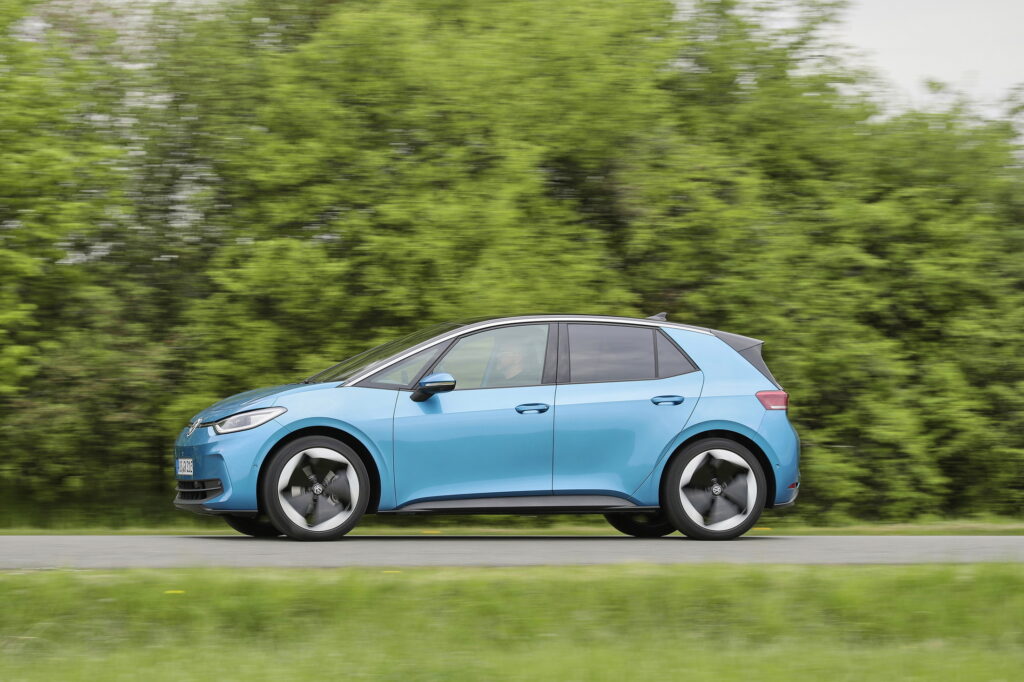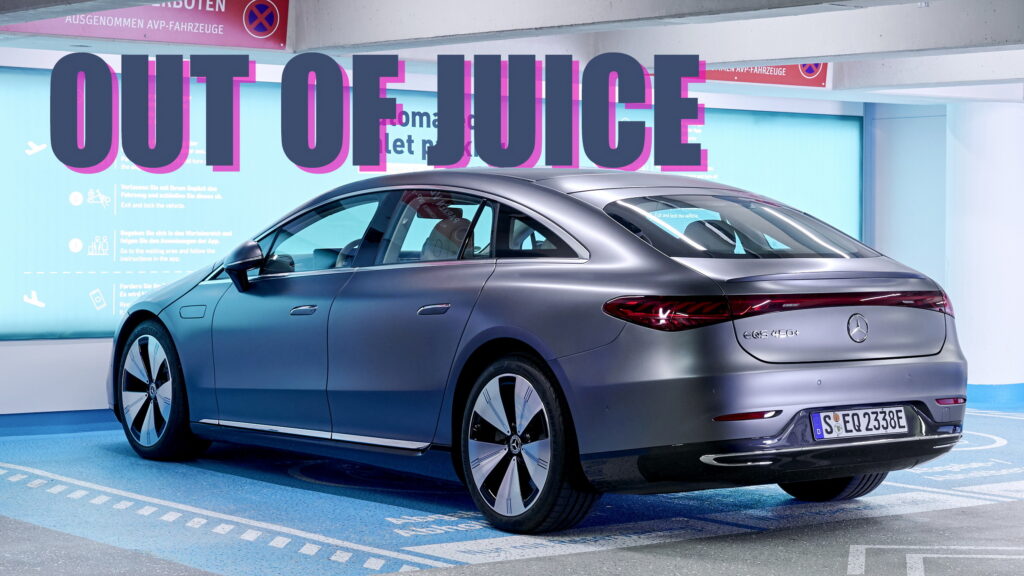Like much of the rest of the world, Germany previously provided tax incentives to citizens purchasing electric vehicles. However, in December, the nation’s government abruptly decided to end the incentive program, and in the aftermath EV sales have cratered.
Compared to December 2023, sales of new electric vehicles were down 54.9 percent, while sales of plug-in hybrids were down 19.6 percent in the first month of 2024. On the other hand, the markets for vehicles with internal combustion engines were up more than 9 percent — +9.1 percent for gas, +9.5 percent for diesel.
The small rebound of ICE vehicles wasn’t enough to prop up the automotive market, which shrank by 11.7 percent as compared to December 2023, per Auto Business Insight. Although the sudden end of tax incentives undoubtedly made the drop in EV sales more acute, it’s not the only reason for falling sales.
Read: California’s Slowing EV Sales Lead To Growing Industry Concerns

The decline in sales started in December, prompting experts like Constantin Gall, the managing partner at EY for Western European markets, to suggest that there are underlying issues contributing to this downturn.
“The weak economy, high financing costs and considerable geopolitical tensions are leading to a reluctance to buy on the part of both private individuals and companies,” Gall told the Wall Street Journal. While he admitted that the lack of incentives will be a challenge for automakers, he added that “all in all, 2024 is likely to be a difficult year for the automotive industry.”
That is starting a price war in Germany, where companies like VW, Tesla, and China’s BYD have all announced price cuts on electric models. With the outlook for the German economy still grim, analysts anticipate that the price cuts will continue into 2024, which could be difficult for smaller EV companies to bear.
Germany’s automotive association, the VDA, forecasts a 2% growth in the global passenger car market in 2024, reaching 77.4 million cars, nearly matching the pre-pandemic level of 78.8 million. However, the association predicts a 1% contraction in Germany’s car market for the same year, with sales dropping to 2.82 million cars, down 25% from pre-pandemic levels, according to Reuters. In particular, electric vehicle sales are projected to dip by about 9% in the upcoming year, despite a 19% surge in production.
Fortunately, Germany remains one of the world’s largest automotive exporters, which may offer some relief to automakers amid the challenging outlook for the industry.
An abrupt end to government subsidies sent electric vehicle sales down by 54.9% in Germany in January 2024. PHEVs also experienced a 19.6% decline. Sales of gasoline and diesel vehicles both rose by close to 10.0% in a passenger vehicle market down 11.7% month-on-month. pic.twitter.com/C5e2ZTFJ07
— Greg Kable (@GregKable) February 6, 2024




